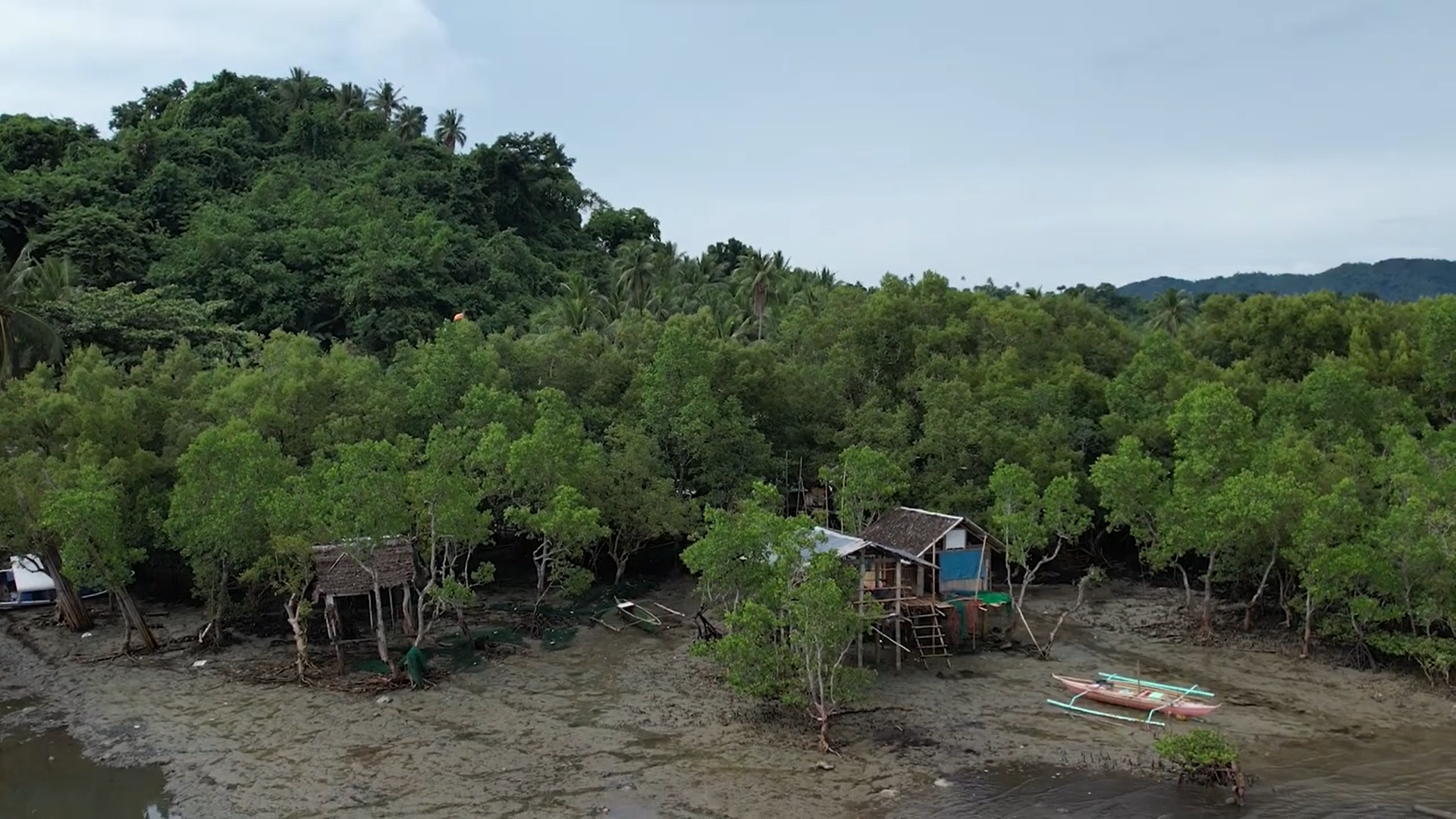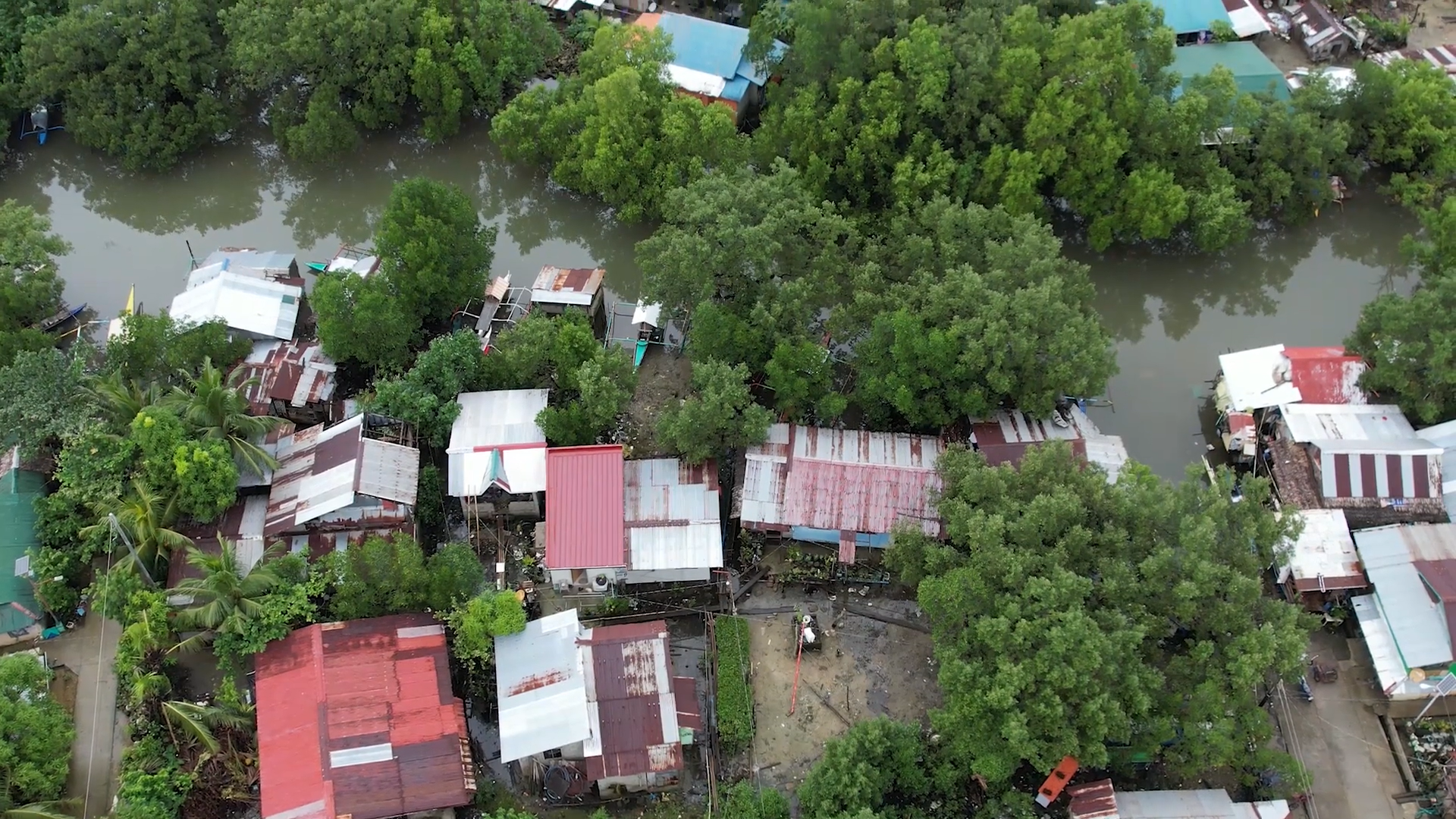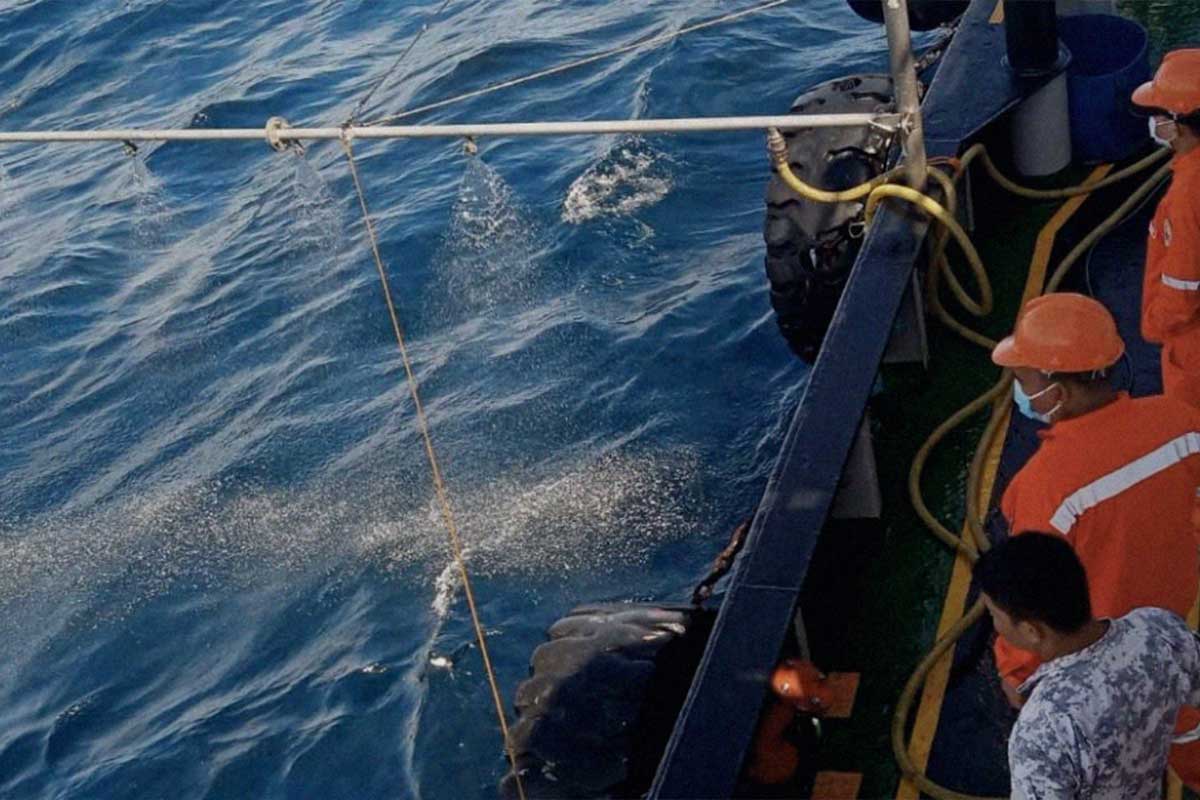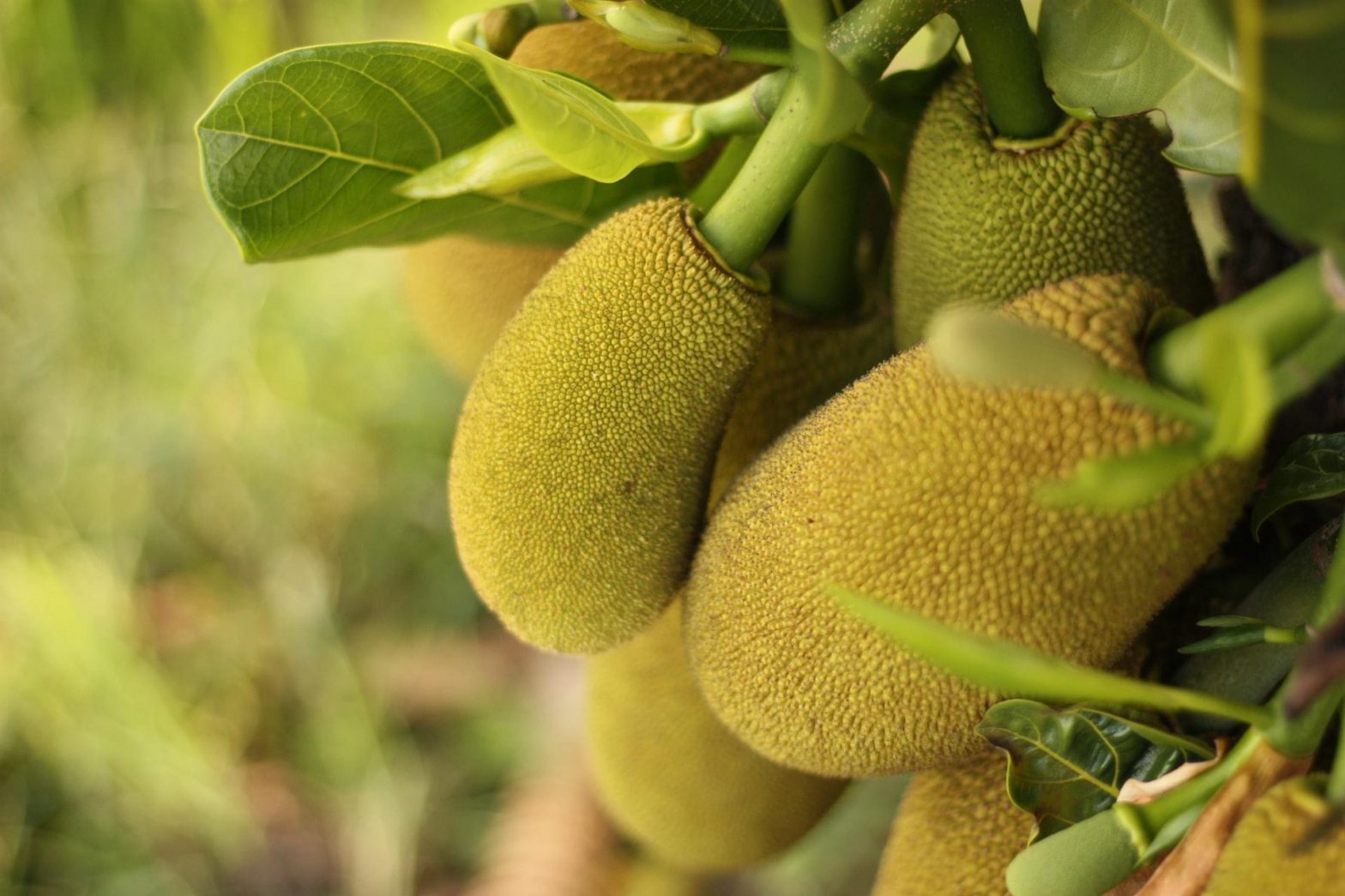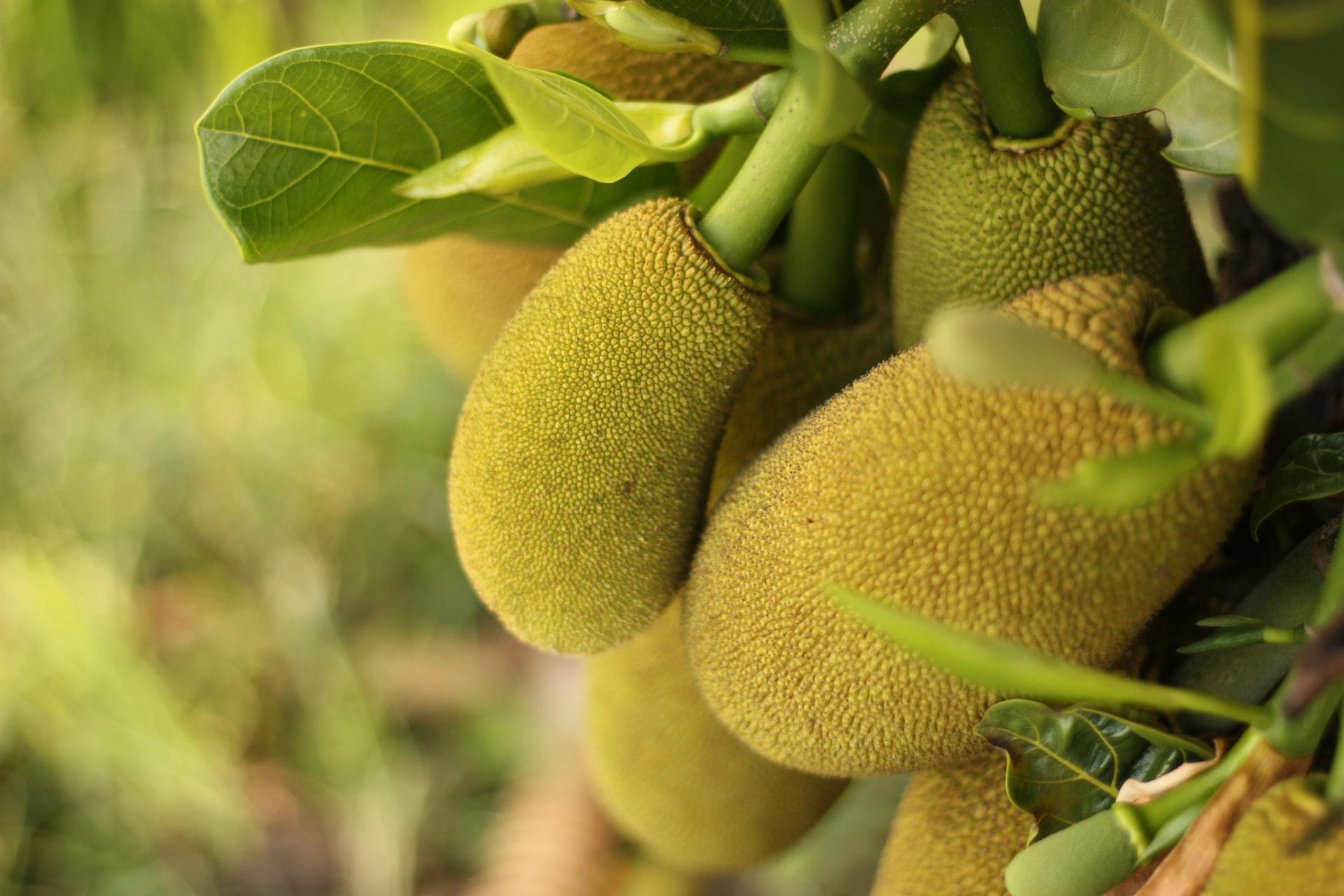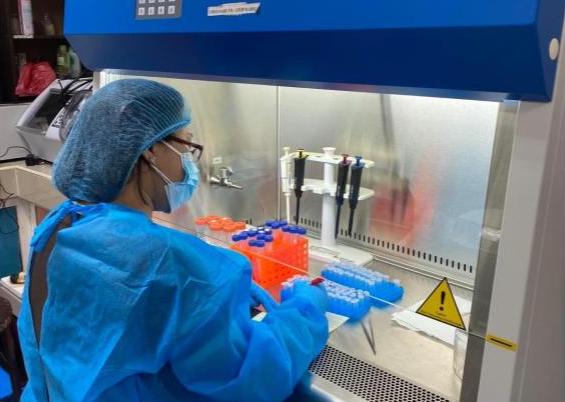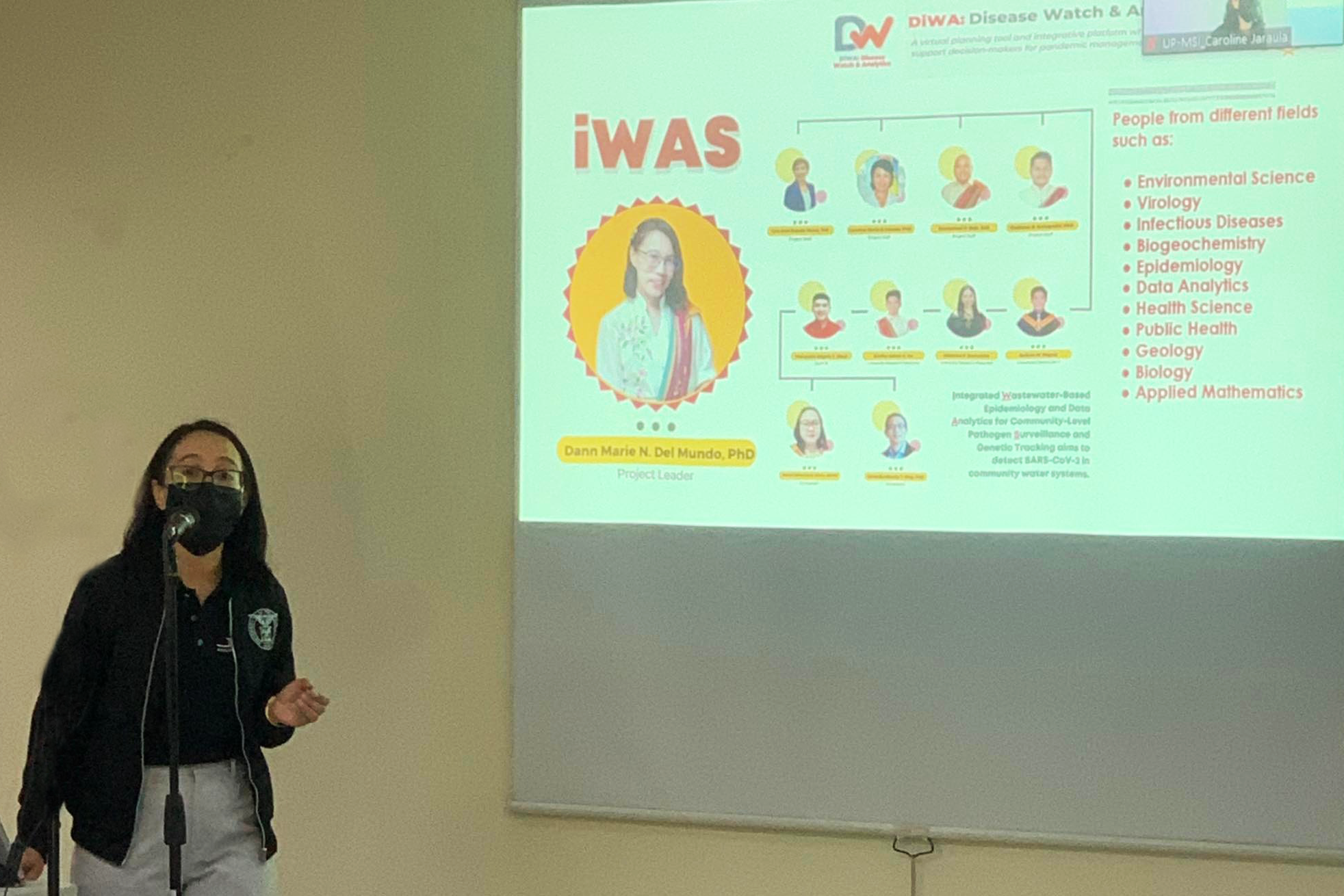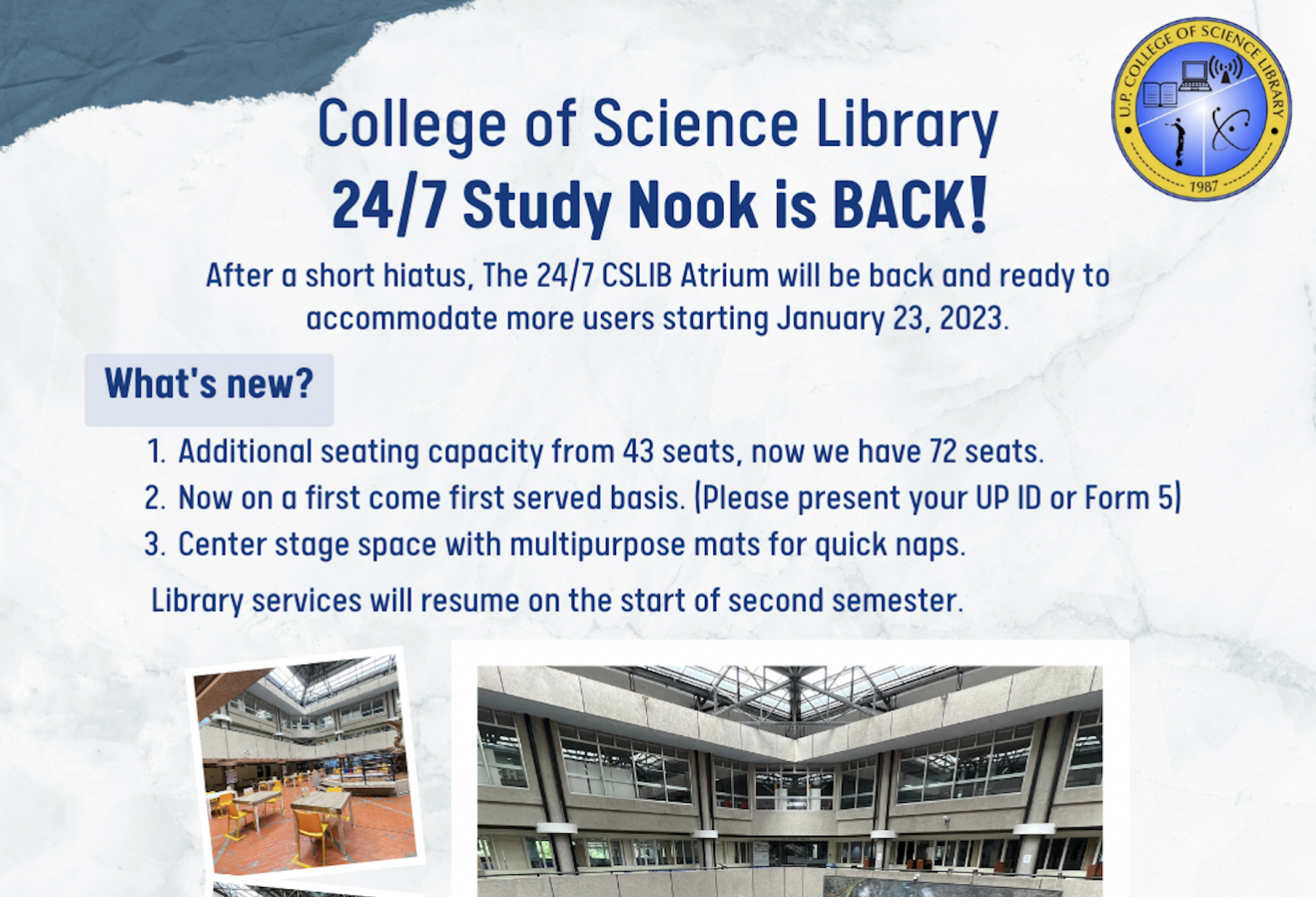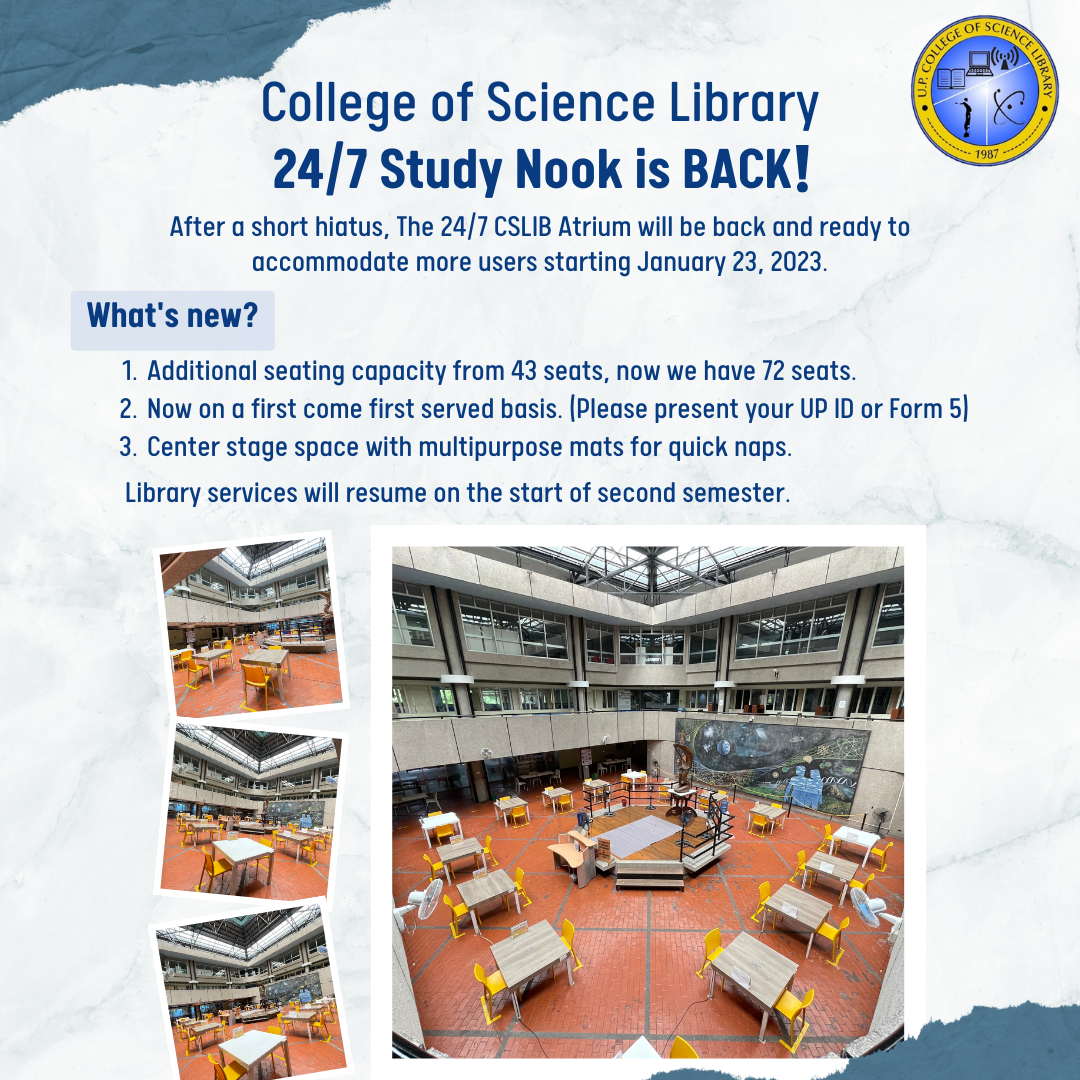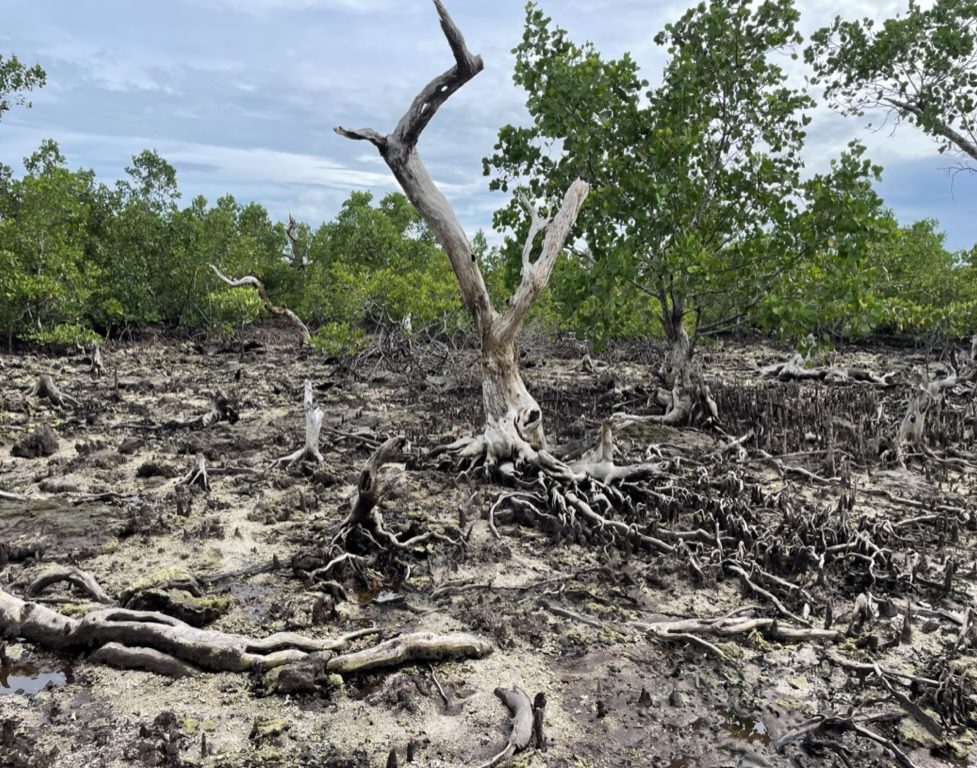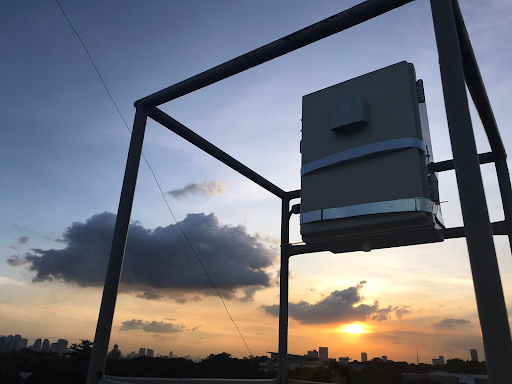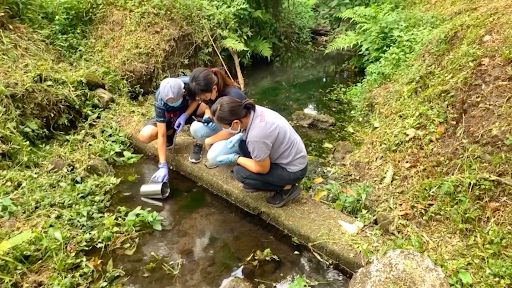In the Philippines, there are over 1,500 known medicinal plants, with at least 120 that have been validated for safety and efficacy using modern scientific standards. However, despite the potential value of this pharmaceutical cornucopia, the country still has a long way to go before traditional medicines are openly accepted in a modern setting.
“There are plants that are being used historically but whose potential have been overlooked until now because of our biases, the way we favor or privilege particular forms of healing over others,” explains Felipe Jocano Jr., an assistant professor at the University of the Philippines – Diliman Department of Anthropology.
Spotlight on indigenous knowledge
“We should be looking at our own indigenous knowledge, giving it the value it deserves, seeking ways to build on it to make it fit into what our present [healthcare] systems [need], while giving due respect to the practitioners and perhaps giving them also the respect and the recognition that they deserve,” Jocano expounds.
In 2013 alone, the World Health Organization (WHO) estimated that around 60% of the world’s population relies on traditional medicine, with 80% of the population in the Philippines and other developing countries depending almost entirely on traditional medical practices—on plants, in particular—for primary health care.
“Teaching people how to appreciate indigenous medicine is more than just teaching them, ‘okay, ito maganda ang indigenous medicine, ‘wag niyo pagtawanan.’ Mababaw lang ito. You have to address people’s worldviews about other people as well. Not only that, but finding ways to make use of this knowledge to help our people,” Jocano explains.
Filipino scientists may be on the right track toward utilizing traditional medicinal plants used to treat diseases. At the University of the Philippines – Diliman College of Science (UPD-CS), researchers have discovered the potential of some medicinal plants as possible cures for cancer and neurodegenerative diseases.
Putak as a potential cancer cure
Cancer is the leading cause of illness and death worldwide. Recent statistics show 19.3 million new cases and 10 million cancer-related deaths in 2020 alone, accounting for nearly one in every six deaths worldwide. In the Philippines, 189 of every 100,000 Filipinos are affected by cancer, and four Filipinos die of cancer every hour, equivalent to 96 cancer patients every day.
UPD-CS Institute of Biology (IB) Science Research Specialist Regina Joyce Ferrer and her team discovered the potential of the Codiaeum luzonicum Merr. plant, known as putak in Filipino, in killing drug-resistant cancer cells without affecting healthy cells. Putak is commonly used by indigenous Filipino communities to treat stomach aches and binat.
Ferrer was inspired by our native biodiversity to research putak and its effect on cancer cells. “The Philippines is very biodiverse, ang dami nating endemic and native species. For example, itong putak, endemic siya sa Pilipinas. No one else in the world except us Filipinos will be likely to fully explore the bioactivity and the potentials of this plant,” she said.
She noted the plant’s capability under laboratory conditions to kill cancer cells, even normally drug-resistant ones, while leaving healthy cells alone. “Ang usual approach kasi is may pang-inhibit ng drug resistance tapos may kasabay na chemotherapeutic drug that can kill the cancer cells. But this plant [putak] can do both at the same time,” Ferrer explained, adding that cancer cells’ ability to develop drug resistance is one of the major hurdles to treating all kinds of cancers.
Philippine plants and neurodegenerative disease
Neurodegenerative diseases, such as Alzheimer’s Disease (AD), are becoming top public health concerns around the globe. In 2021 alone, the WHO listed 55 million cases of dementia worldwide, with AD comprising up to 70% of those cases. Scientists say that countries such as the Philippines need to implement premediated disease management to avoid the consequences of emerging dementia cases.
A group of scientists from the UPD-CS Institute of Chemistry (IC) led by Dr. Evangeline Amor identified ten plants from Northern Samar that could potentially be used as a treatment for Ad and other neurodegenerative diseases: leaves from the sinta (Andrographis paniculata (Burm. f.) Nees), atis (Annona squamosa Linn.), langka (Artocarpus heterophyllus Lam.), dollarweed (Hydrocotyle umbellata Linn.), and sampa-sampalukan (Phyllanthus niruri Linn.); stems from luya-luyahan (Curcuma zedoaria Rosc.) and dapdap (Erythrina variegata var orientalis Linn.); and bark from dapdap, balibago (Hibiscus tiliaceus Linn.), and santol (Sandoricum koetjape Merr).
Indigenous communities often use these plants to treat ailments such as fever, skin diseases such as boils and wounds, abscesses, dysentery, abdominal pain, cough, kidney stones, hepatic disorders, and ringworms.
Of the ten plants studied, luya-luyahan and dapdap showed the most medicinal potential, as extracts from their bark and stems were particularly effective at inhibiting an enzyme that breaks down acetylcholine (ACh), a brain chemical that plays a major role in memory, learning, attention, and involuntary muscle movement.
“The next step in the study is to establish the safety of the extracts and confirm their activity in a secondary or orthogonal assay,” Dr. Amor said. “After which, the non-toxic active extracts can then proceed to a drug-track wherein the active constituents are isolated and identified or an herbal-track wherein an herbal preparation or drug may be formulated.”
Combining traditional and modern medicine
Moreover, Jocano called for more public awareness, appreciation, and protection of endemic and native plants. “We should also be on guard about practices such as what has been called ‘biomining,’ in which corporations practically exploit or systematically harvest a particular territory ng mga plants nila, paying only a pittance to the indigenous peoples there, but depriving them of their resources.”
Exploring Philippine plants used in traditional medicine can help advance modern medicine. Treatments for various types of diseases may be just within people’s reach. But as always, we should take responsible advantage of the Philippines’ rich biodiversity.
“It has to be clear, it has to be ethical, and it has to be protective and promote and advance the indigenous peoples themselves. We have to work alongside the indigenous peoples and traditional healers to address what they feel they need,” reminded Jocano. Traditional and modern medicine are not separate entities; combining both practices might even be the answer to treating some of the world’s most notoriously incurable diseases.

